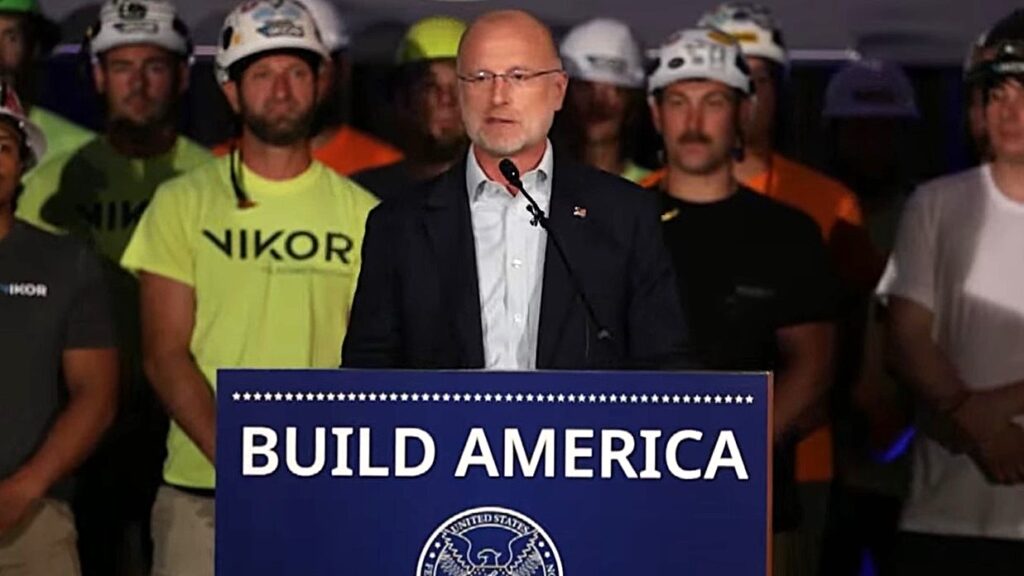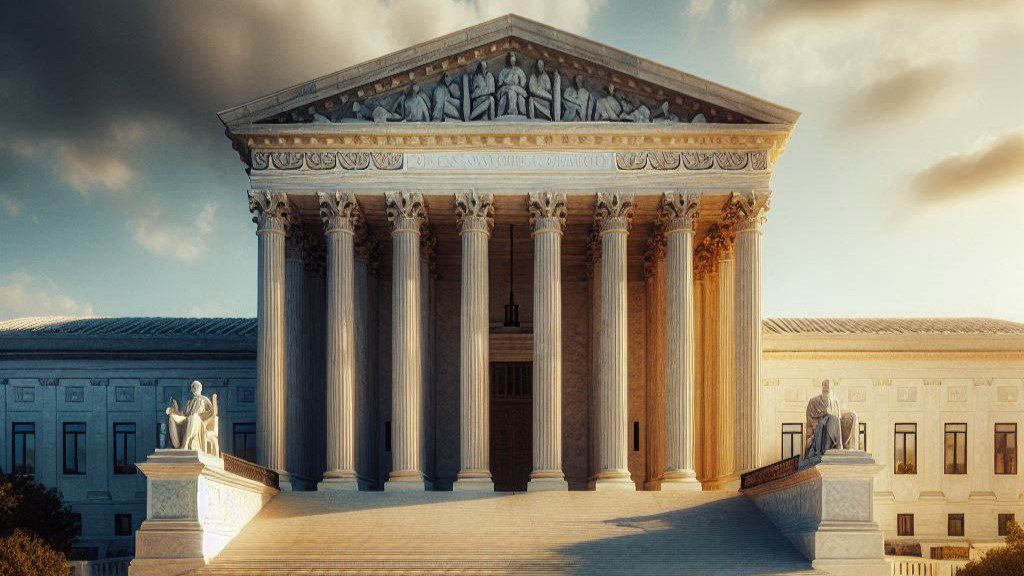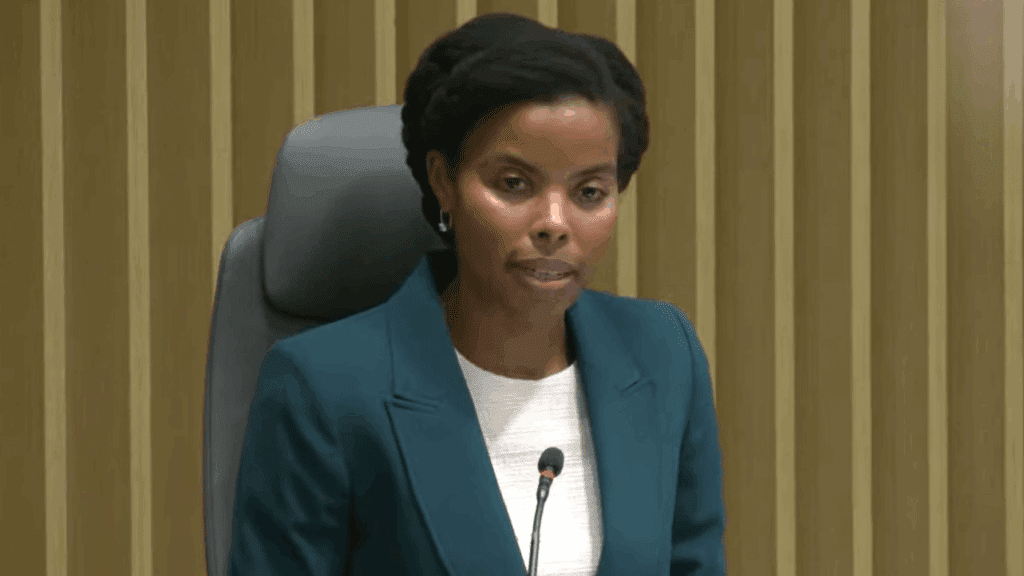Potential Challenges for Emergency Broadband Benefit Program
Randy Sukow
|

The FCC sent out a call (PDF) to Internet service providers, asking them to participate in the new $3.2 billion Emergency Broadband Benefit (EBB) program. The aim is to assist low-income families across the nation who sometimes go into debt staying connected during the COVID-19 pandemic. But as panelists on an EBB Roundtable described, there could be complications for some ISPs interested in entering the program.

Speaking from a rural perspective, Michael Romano, senior VP, Industry Affairs and Business Development for NTCA, The Rural Broadband Association, said that there are many existing systems telcos already use to bill for broadband service. Those systems are designed to operate with the existing Lifeline universal service program for broadband services to low-income households. Romano warned that several new internet providers will be participating in EBB and the FCC will need new rules to determine program eligibility for many of them.
“It is a heavy lift. You cannot just snap your fingers and add new data to the systems,” Romano said during the roundtable late last week.
Congress included the funding to create EBB late last year in the COVID relief and omnibus spending bill. It opened the program up to all ISPs, unlike Lifeline which restricts eligibility to Eligible Telecommunications Carriers (ETCs). The law calls for participating ISPs to provide a $50 monthly discounts to qualifying low-income households; $75 discounts to households on tribal lands.
Along with the complexity of creating the program, some said EBB’s temporary nature could also be an issue. By some estimates, the $3.2 billion for low-income discounts could run out within six months or some time afterward while the population continues to feel the effects of the pandemic. Many providers might not have the incentive to pay the costs for participation in a program that will close so soon.
“It’s a real concern for smaller providers in particular, and for their customers about what happens when the funding runs out,” Romano said. “How much notice we’ll be given, what kind of communication?” He and other panelists suggested that the Commission maintain a regular public estimate of how much funding is left and how long it will last during the program. There also should be a way to let consumers know how to continue receiving service or disconnect without penalty when the program ends, he said.
Romano also suggested beginning a discussion on how to create funding for a program that extends beyond the current emergency – “something that fits into a broader picture of what universal service should be. If there are ways to think about how the funding can be sustained, how the program rules can be set up in a way this is not just a short-term infusion to address an emergency pandemic,” he said.
Last month, the FCC accepted initial comments on how to organize EBB. NTCA, in its comments, suggested striking a balance between the need to get the program up and running quickly as possible through simple administrative rules and the need to maintain accountability among participants.
To do so, it suggested using existing structures whenever possible. For example, participation in the federal school lunch program could be one method for verifying consumer eligibility for the program. Lifeline already has mechanisms for identifying and verifying qualified ETCs and consumers.
To create accountability for non-ETCs, NTCA suggested that all EBB participants disclose the cost of providing service. “To guard against provider attempts to profit financially from the EBB by increasing the rate charged for service prior to applying the EBB discount, the Commission proposes to require all provider participants to document their ‘standard rates,’” NTCA said.
NRECA filed comments (PDF) with many suggestions similar to NTCA’s. In addition, NRECA called for the FCC to favor fixed wireless connections for the discount program over mobile connections. “Fixed broadband service can support more devices in low-income households as opposed to mobile broadband offerings. This is clearly the case for the low-income households in the 327 of the nation’s 353 ‘persistent poverty counties’ [93 percent] located within electric cooperatives’ electric service territories,” it said.
Update, Jan. 23: Acting FCC Chairwoman Jessica Rosenworcel yesterday circulated a draft of a Report and Order to begin EBB program implementation. The order would open the program to providers of all broadband technologies. Eligible households would include those that can show “substantial loss of income” since the beginning of the pandemic, as well as those that currently qualify for universal service Lifeline relief; that receive assistance through a school lunch program; received a Pell grant, and those that qualify for some providers’ own existing COVID-19 relief programs.
“With the help of the Emergency Broadband Benefit, we have a new way for households to access virtual learning, for patients to connect to telehealth providers, and for those struggling in this pandemic to learn new online skills and seek their next job,” Rosenworcel said in a press release (PDF).
Update, Jan. 25: The FCC quickly adopted (PDF) the draft EBB program Report and Order (PDF) that Acting FCC Chairwoman Jessica Rosenworcel circulated to the three other commissioners earlier this week. It was a unanimous vote. “In short, this program can make a meaningful difference in the lives of people across the country,” Rosenworcel said. “That’s why our work is already underway to get this program up and running, and I expect it to be open to eligible households within the next 60 days as providers sign up and program systems are put in place.”


